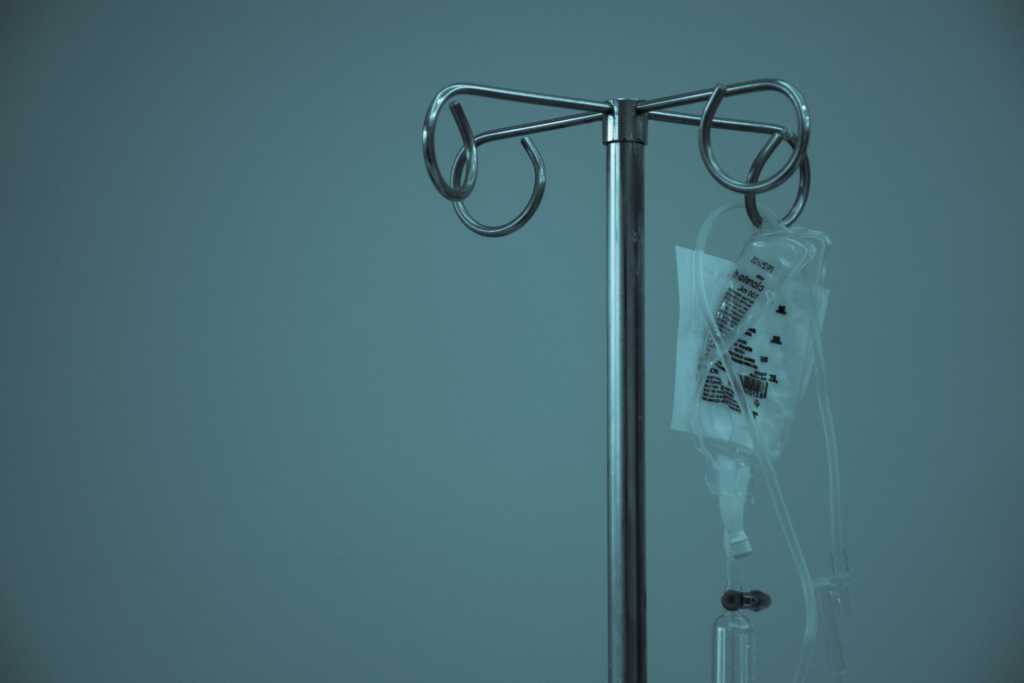Between 2007 and 2015, the number of children and teenagers in the U.S. who visited hospitals with suicidal ideation and attempts doubled.
The study, made up of data compiled by the National Hospital Ambulatory Medical Care Survey, sampled 300 emergency rooms and tracked patients between the ages of 15 and 18, according to CNN. The research was published Monday by JAMA Pediatrics.
Emergency room medical personnel in 2007 received 580,000 suicidal cases. By 2015, that number escalated to 1.12 million.
Dr. Brett Burstein, who served as the lead author of the study and is pediatric emergency room physician at Montreal Children’s Hospital of McGill University Health Centre, told CNN he finds the steep increase “very alarming.”
“It also represents a larger percentage of all pediatric emergency department visits,” he explained, “where suicidal behavior among the pediatric population was just 2 percent of all visits, that’s now up to 3.5 percent.”
While there’s no doubt the staggering rise in suicidal thoughts and attempts is multifaceted, there is a spiritual layer to this — and it’s significant.
Despair is at the center of suicidal attempts, drug abuse and over drinking, according to Carly Graham, a licensed professional counselor and seminary graduate who spoke with Faithwire last month about this very issue.
The best way to curb the crisis, she said, is by developing in-person community, particularly in a culture where a massive number of teens — 59 percent — have reported being victims of internet-based bullying.
“One of the prevalent problems I’ve seen with clients over and over is social isolation,” Graham explained. “Even though we have a society that is active on social media and we have a 24-hour news cycle, I’ve found that individuals feel more disconnected than they used to because they don’t have a supportive community in-person.”
In dealing with various addiction or depressive problems, many people isolate themselves. Doing that, though, can often drive those struggling to deep levels of despair, Graham said.
“Many friends, family, and other loved ones often times are not sure how to help an individual who is suffering, and that can result in frustration on both sides,” she said, noting those who overcome knee-jerk isolation and consistently engage in community often see a noted improvement overtime.
If you or anyone you know is struggling with depression, suicidal thoughts, or you just need someone to talk to, call the National Suicide Prevention Lifeline at 1-800-273-8255. If you’re looking for counseling services in your area, consult the Christian Counselors Network.



